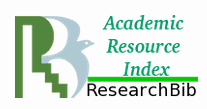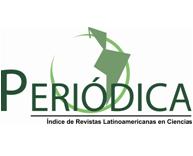MUNICIPAL SOLID WASTES IN LUANDA, CHARACTERIZATION AND ENVIRONMENTAL CONSEQUENCES OF ITS INAPPROPRIATE MANAGEMENT
Keywords:
characterization, recycling, wasteAbstract
Introduction:
The environmental consequences of inappropriate practices with urban solid waste (MSW) can be negative for people health and ecosystems.
Objective:
To Characterize the MSW in Luanda, Cazenga, Maianga, Cacuaco, Belas and Viana, municipalities of Luanda province, and to identify the negative effects caused on
environmental and human health due to its inadequate management.
Materials and methods:
The observation during field visits at municipalities and in the landfill, the specific bibliographical investigation about MSW and statistical method for processing collected data on characterization, interviews and surveys.
Results and Discussion:
The municipalities studied present many habitants, high volume of generation of MSW, and differences between them, due habits and customs of their population variation, economic conditions, climate among other variables. Absence of a collection program and the needed number of containers with variables that are physical and geographical characteristics of the area, all cause MSW accumulation generating vectors proliferation and volatile particles that
cause diseases and epidemics in population.
Conclusions:
Population growth, consumption habits and environmental education lack aggravate the management of MSW in Luanda, this makes recycling difficult and conditions have to be created. Most of MSW is organic matter that can be used as raw material in different industries.
Downloads
Published
How to Cite
Issue
Section
License

This work is licensed under a Creative Commons Attribution-NonCommercial 4.0 International License.




















